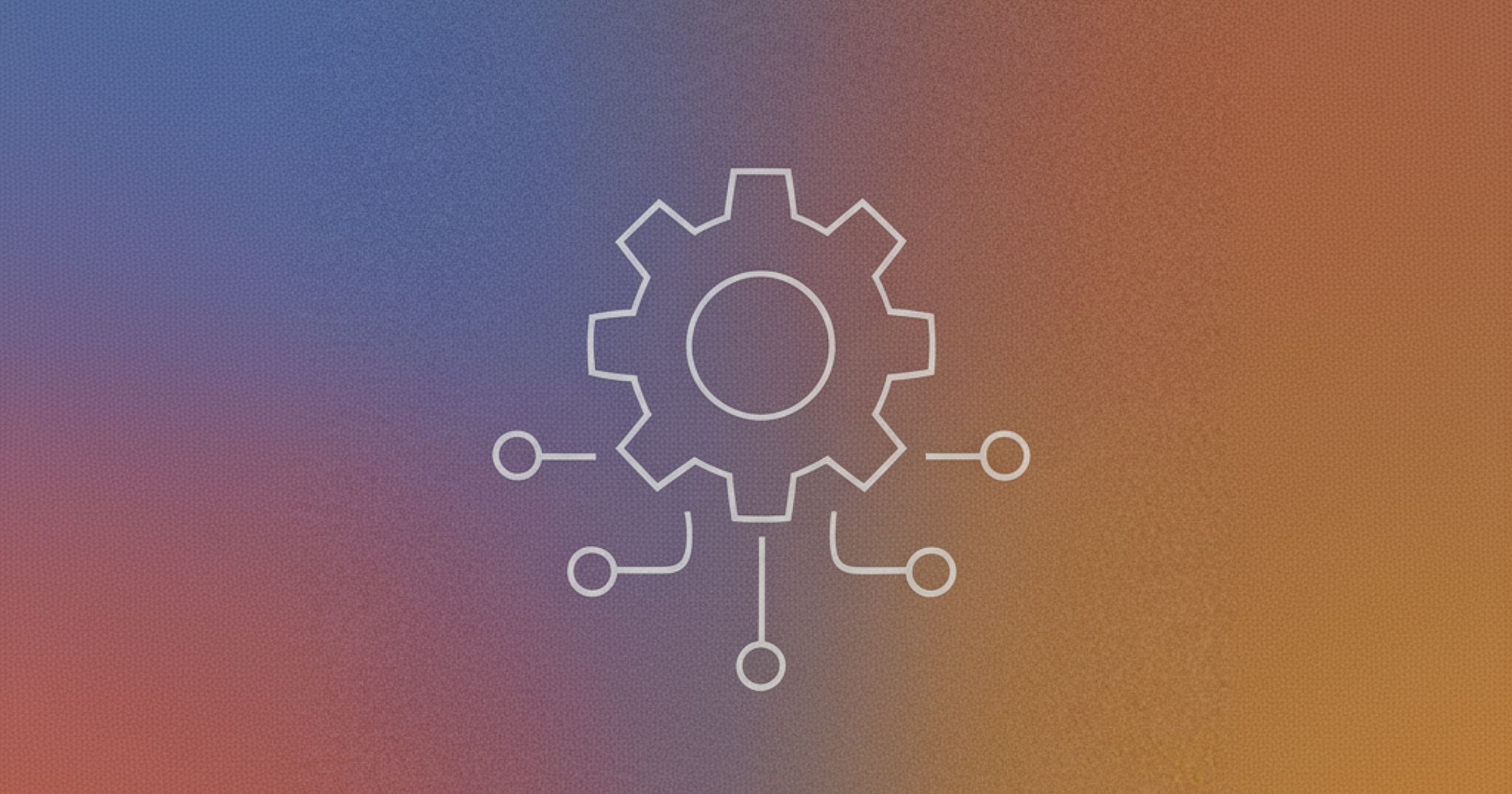What Is Automation Software?
Automation software is a digital solution that performs routine, repetitive tasks automatically, freeing up employees to focus on higher-value work. Automation software is a type of software application that interacts with other software systems to streamline business operations - much like how Zams’ integration features connect seamlessly with existing tools. Instead of manually handling processes like data entry, reporting, or scheduling, workflow automation tools streamline these activities to improve accuracy and speed. Automating processes is a core function of automation software, reducing errors and increasing efficiency. Put simply, business automation tools act as a silent workforce, working behind the scenes to keep operations running smoothly.
Automate Growth Before Busywork Slows You Down
Stop losing hours to manual tasks. With Zams, connect your CRM, HR, and marketing tools into one seamless system scale faster without adding headcount.
As businesses expand, managing operations efficiently becomes more challenging. Automation software helps growing companies stay competitive by streamlining processes, saving time, and reducing costs while maintaining quality. By minimizing manual effort, automation enables teams to focus on higher-value tasks and reduces the burden of repetitive, labor-intensive work. Discover how Zams can help your business automate the busywork and free up more time for what really matters.
Streamlining Operations
When companies rely solely on manual processes, mistakes and delays are almost inevitable. By using process automation software, businesses can streamline operations, reduce human error, and ensure tasks are completed consistently and on time. Automation software can also streamline complex workflows, eliminating bottlenecks and improving operational efficiency.
Saving Time and Resources
Every growing company faces the challenge of repetitive tasks draining valuable hours. Administrative tasks like data entry and scheduling are prime candidates for automation, as they often consume significant resources. With task automation tools, businesses can save time with automation by handling data entry, scheduling, and reporting automatically, freeing teams to focus on strategy.
Scaling Without Extra Costs
Hiring more staff isn’t always the most efficient way to grow. Scalable automation software allows companies to handle increased workloads without the expense of expanding headcount, as it enables scaling with minimal human intervention, making it a true cost-saving automation solution.
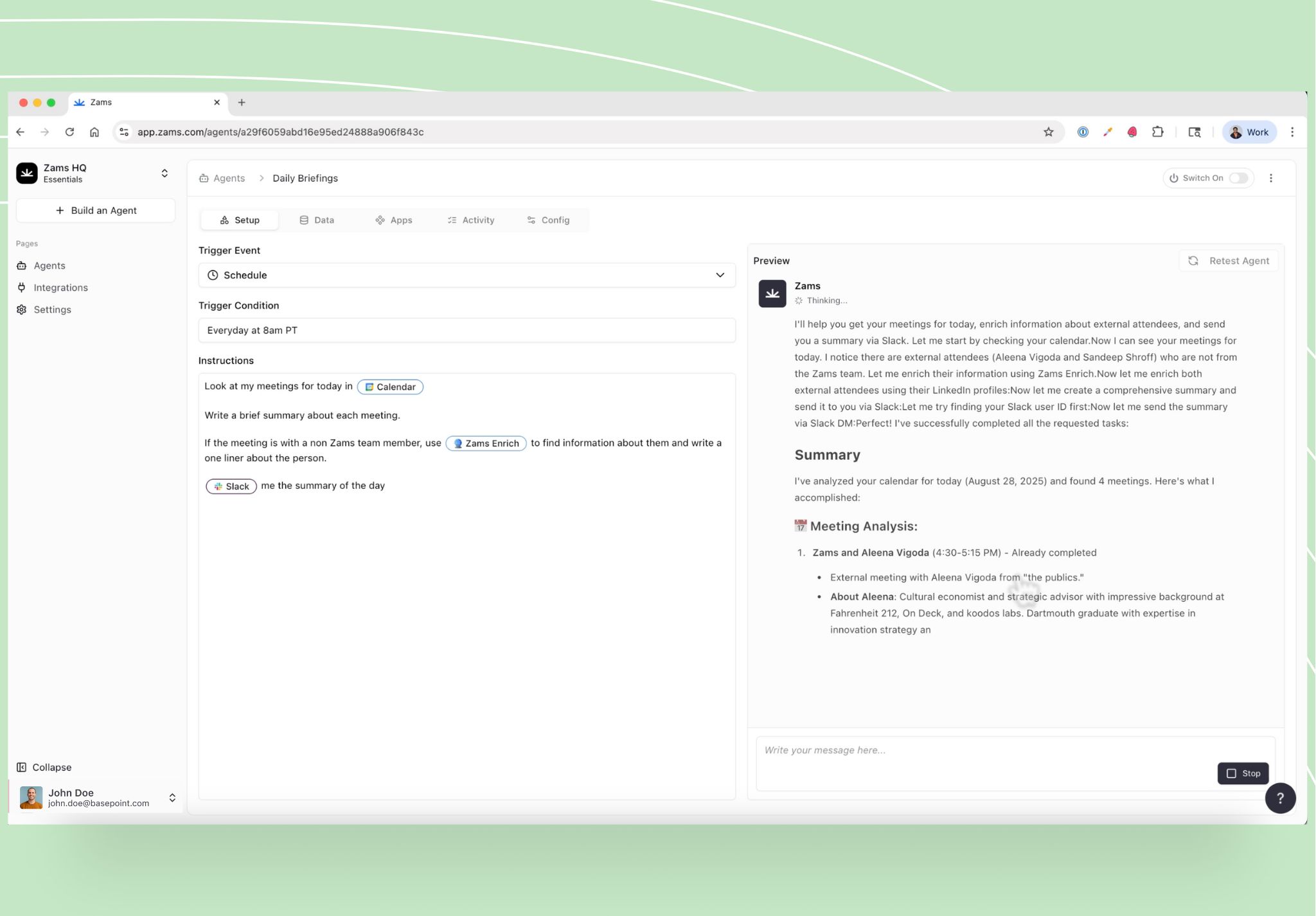
Key Benefits of Automation Software for Businesses
Investing in automation is more than just a time-saver - it delivers measurable business advantages. From boosting productivity to improving customer experiences, automation software provides the tools companies need to grow smarter, not harder. The key features of automation software - such as task automation, scheduling, integrations, and security - are fundamental to driving these benefits and differentiating leading solutions in the market.
Improved Productivity
Instead of being bogged down by repetitive, low-value tasks, teams can focus on meaningful work that drives results. With productivity automation software, businesses unlock higher efficiency and enjoy long-term automation benefits. Automated workflows help teams stay productive and focused on high-value tasks by streamlining processes and enabling seamless collaboration, even when working remotely.
Better Customer Experience
Customers expect quick, seamless interactions with businesses. Tools like customer service automation - from chatbots to email workflows and CRM automation software - help companies respond faster and deliver more personalized experiences. Automation software can efficiently manage customer inquiries, reducing response times and improving overall customer satisfaction.
Data Accuracy & Analytics in Automated Processes
Manual reporting often leads to errors and incomplete insights. Automation analytics tools generate accurate reports and business intelligence automation, empowering leaders to make smarter, data-driven decisions. By leveraging software analytics, organizations can gain deeper insights into system performance and maximize the value of their business data for improved operational efficiency.
Examples of Automation Software in Action
Automation isn’t a one-size-fits-all solution - it can be applied across different areas of a business to drive efficiency. From marketing to HR, the right automation software helps companies stay organized, responsive, and ready to scale. A variety of automation technologies are used across different business functions to achieve these results. Below are some of the most common examples of how businesses are using automation in real-world scenarios.
Marketing Automation Software (emails, social media scheduling)
With marketing automation software, businesses can schedule social media posts, automate email campaigns, and track performance without constant manual input, making campaigns more consistent and impactful.
Marketing automation software often uses application programming interfaces to connect with various social media and email platforms, enabling seamless campaign management and integration.
Sales Automation (CRM updates, lead nurturing)
Sales automation ensures leads are followed up on, CRM records are kept up-to-date, and sales teams spend more time closing deals rather than entering data. These tools also help nurture and strengthen customer relationships by enabling timely follow-ups and personalized communication.
HR Automation (onboarding, payroll)
Using HR automation tools, which are designed to help human resources teams streamline their processes, businesses can streamline employee onboarding, manage payroll efficiently, and reduce paperwork - giving HR teams more time to focus on people, not processes.
IT Automation and Robotic Process Automation (system monitoring, updates)
IT automation helps businesses stay secure and efficient by automatically managing software updates, patch management, monitoring systems, and flagging potential issues before they escalate.
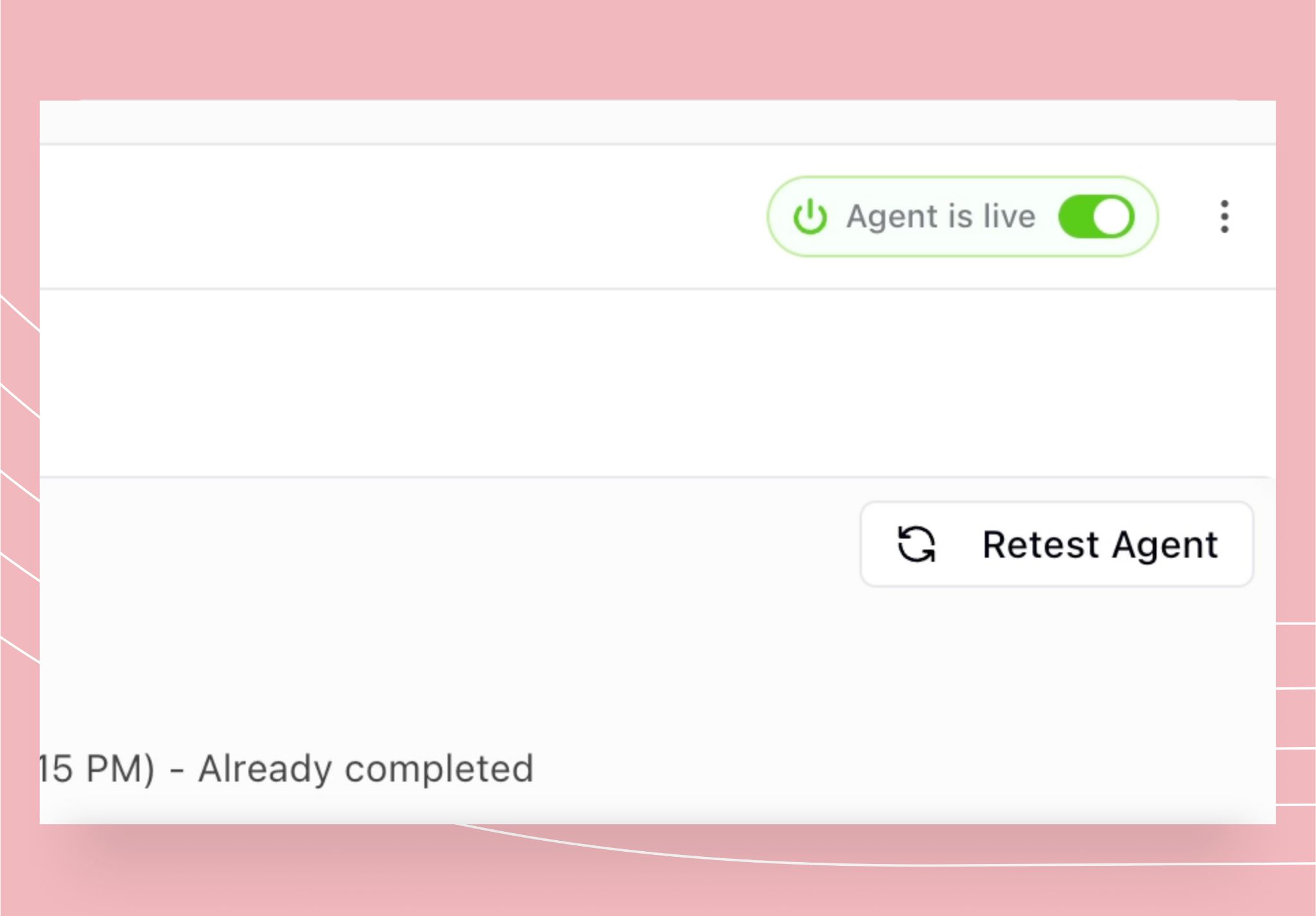
Advanced Automation Concepts
Agentic Process Automation
Agentic process automation (APA) represents the next frontier in process automation, empowering businesses to automate not just routine tasks, but also complex, human-like activities that require planning, reasoning, and adaptability. Unlike traditional automation tools that follow strict, rule-based instructions, APA leverages large language models (LLMs) to perform tasks that previously demanded human intelligence. This means businesses can now automate processes involving decision-making, problem-solving, and even learning from past experiences.
With agentic process automation, companies can transform the way they operate by automating tasks that were once considered too complex for software. For example, APA can be used to handle intricate customer service inquiries, manage dynamic IT operations, or conduct in-depth financial analysis - areas where traditional process automation would fall short. By enabling software to perform tasks that mimic human judgment and adaptability, APA helps businesses operate more efficiently and scale their operations with confidence.
As businesses continue to evolve, adopting agentic process automation allows them to stay ahead of the curve, automate entire workflows, and unlock new levels of productivity. This advanced approach to process automation is quickly becoming essential for organizations looking to perform tasks at scale while maintaining agility and innovation.
AI Automation and AI Agents
AI automation is transforming the way businesses approach automation by introducing intelligent software agents capable of handling a wide range of business processes. AI agents are specialized programs that use artificial intelligence to perform specific tasks - such as data entry, document processing, and customer service - without constant human intervention. By automating these repetitive and time-consuming activities, companies can free up their teams to focus on more creative and strategic work.
Modern automation software tools often incorporate technologies like robotic process automation (RPA), machine learning (ML), and natural language processing (NLP) to deliver smarter, more adaptive solutions. For instance, marketing automation software powered by AI can personalize marketing campaigns, analyze customer behavior, and optimize engagement in real time. Similarly, AI agents can streamline customer support by understanding and responding to inquiries using natural language, or automate complex tasks like claims processing and compliance checks.
When evaluating enterprise automation software, it’s crucial to assess the platform’s AI automation capabilities. A strong enterprise automation solution should not only automate simple, rule-based tasks but also handle complex processes that require learning and adaptation. Look for automation software that integrates seamlessly with your existing business systems - such as CRM, ERP, and HRM platforms - and can connect with other automation tools like RPA and ML for a unified automation strategy.
Implementing automation software with advanced AI agents can significantly reduce manual errors, boost customer satisfaction, and drive cost savings across your organization. By automating complex tasks and integrating with existing systems, businesses can streamline operations, improve data accuracy, and respond more quickly to changing market demands. As AI automation continues to evolve, it’s becoming a cornerstone of digital transformation, enabling businesses to operate smarter, faster, and more efficiently than ever before.
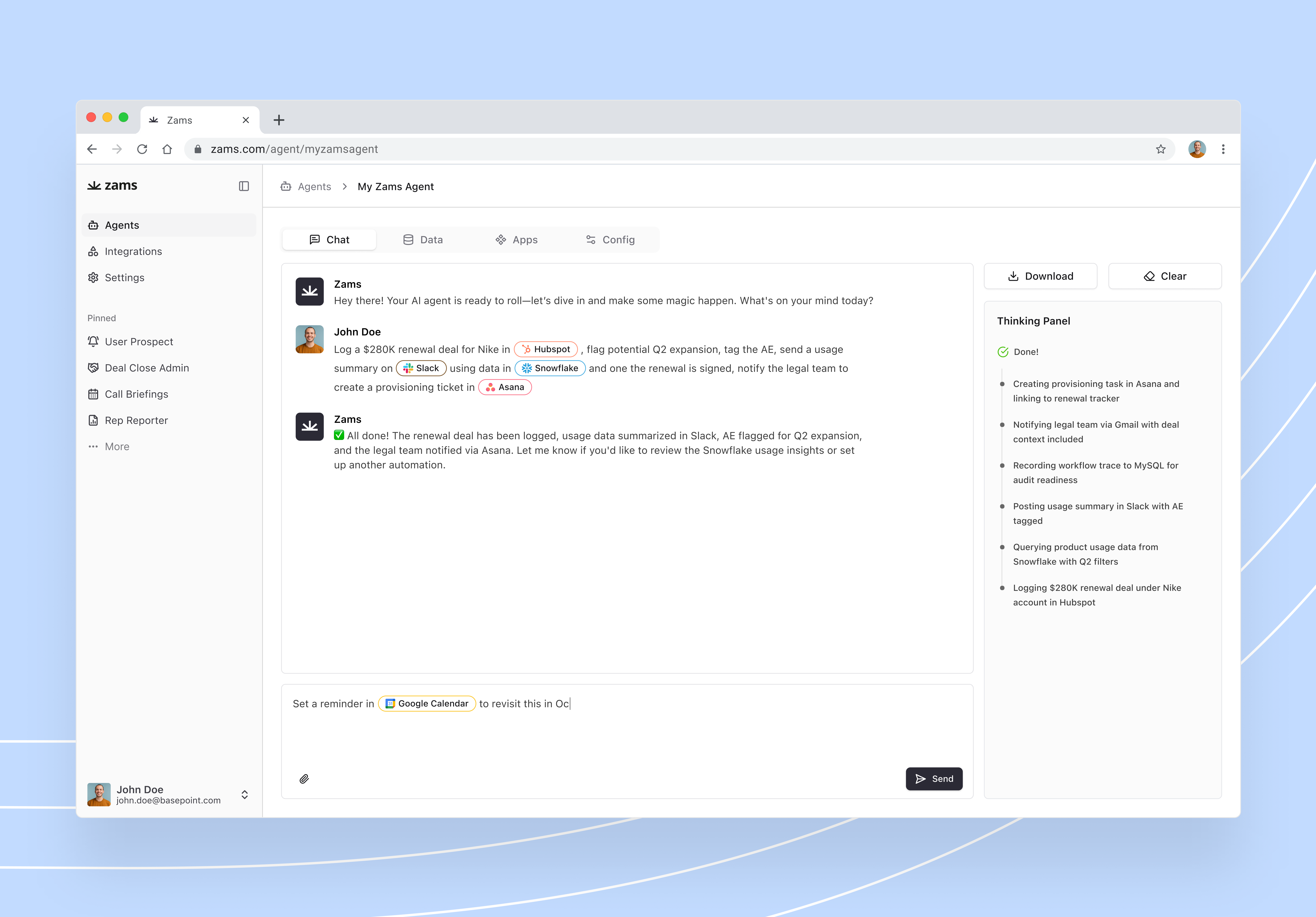
How to Choose the Right Automation Software for Your Business
With so many automation solutions available, finding the right fit for your business can feel overwhelming. It’s important to evaluate enterprise automation software by considering its capabilities, how well the automation software integrates with your existing systems, and its scalability.
The best approach is to focus on your specific needs - such as scalability, integrations, and ease of use - before investing in any tool. By prioritizing features that deliver a clear ROI, you’ll identify the best automation software to support your growth and streamline operations. Businesses should look for an automation platform that integrates seamlessly with existing systems and supports a wide range of automation technologies.
Leading automation platforms offer centralized management for building, managing, and scaling automated workflows.
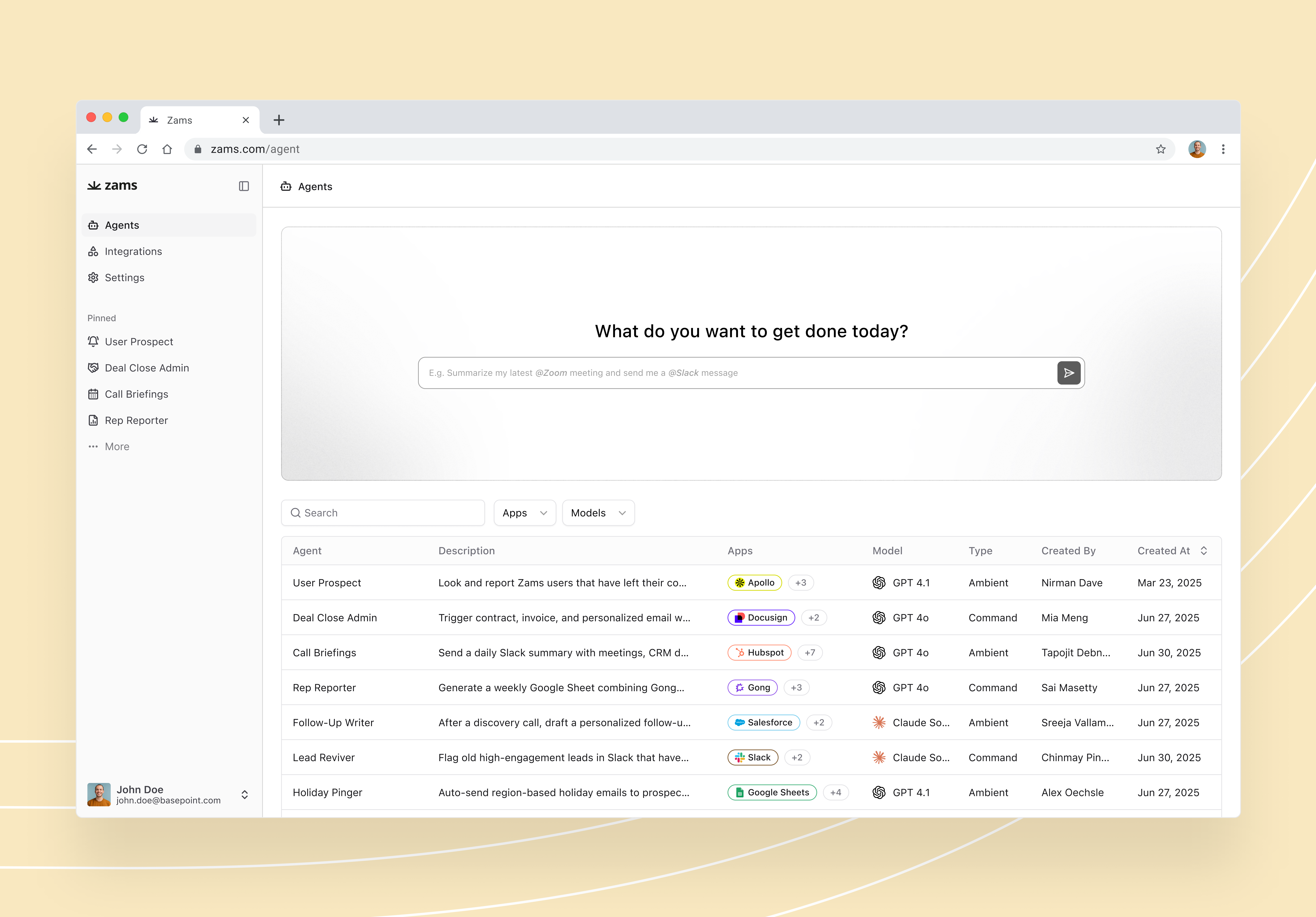
Automation In Summary
In today’s fast-moving business landscape, companies that embrace automation software for growth gain a significant advantage over those that rely on manual processes. Automation not only improves accuracy and saves time but also equips businesses with the efficiency tools they need to scale successfully. The key is to start small - automating a few repetitive tasks and then gradually expand automation across different areas of the business as you grow. Learn more about we can help you with these automation tasks at Zams.
Ready to Scale Smarter With Automation?
Manual work slows growth. Zams automation software eliminates the busywork, integrates with your existing tools, and helps your team focus on what drives revenue.
FAQs
What is automation software and how does it work?
Automation software uses technology to perform repetitive tasks with minimal human input, such as data entry, scheduling, and customer communication. It streamlines processes, reduces errors, and frees up employees for more valuable work.
How can automation software help small businesses grow?
For small businesses, automation is a game-changer. It allows lean teams to handle more work efficiently, scale processes, and deliver better customer service without the need for extra staff.
What are the most common types of automation software?
The most widely used solutions include marketing automation, CRM automation, HR automation tools, workflow management platforms, inventory management, invoice processing, and robotic desktop automation. Each focuses on streamlining a specific area of business operations. Some automation software uses optical character recognition to digitize paper documents and process unstructured data. Automated processes can span multiple systems, improving efficiency across departments.
Is automation software expensive to implement?
Not necessarily. Many automation solutions are subscription-based, affordable, and designed to scale with your business, making them a cost-effective option for growing companies. Explore our pricing plans and choose the smart step toward increasing your revenue.
What should I look for when choosing automation software?
When choosing automation tools, prioritize ease of use, seamless integration with your existing systems, scalability, strong customer support, and proven ROI to ensure long-term success.


